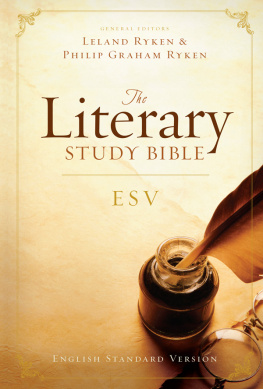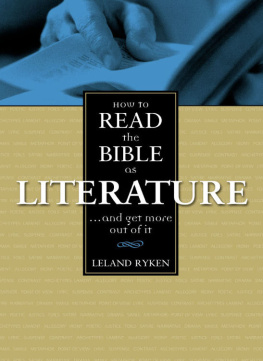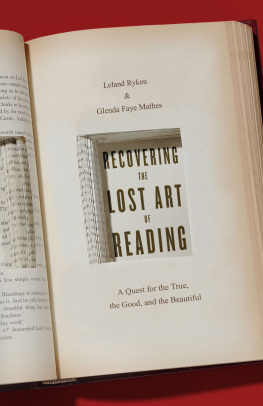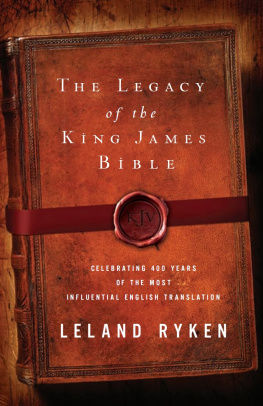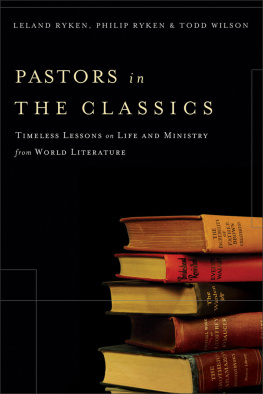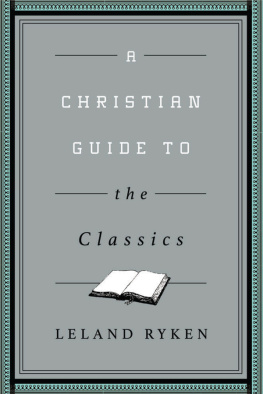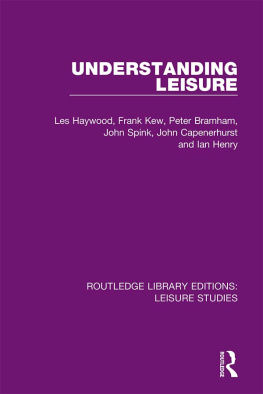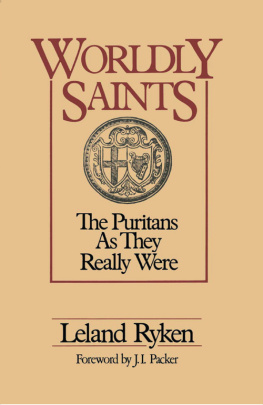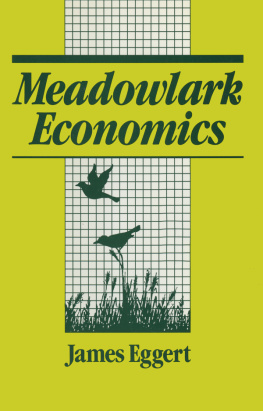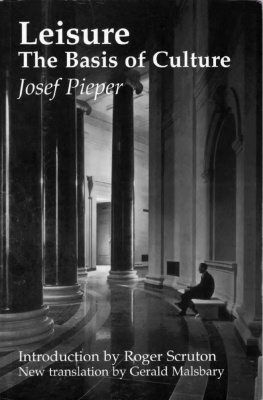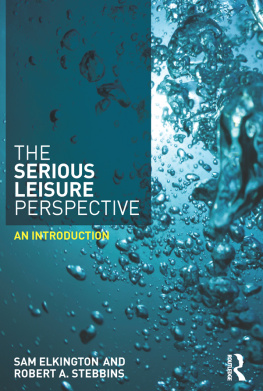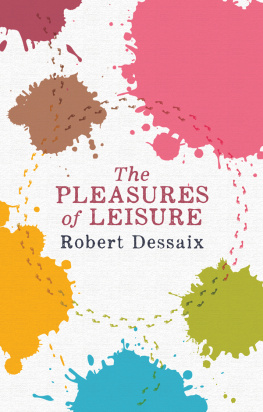Leland Ryken - Redeeming the Time: A Christian Approach to Work and Leisure
Here you can read online Leland Ryken - Redeeming the Time: A Christian Approach to Work and Leisure full text of the book (entire story) in english for free. Download pdf and epub, get meaning, cover and reviews about this ebook. year: 1995, publisher: Baker Publishing Group, genre: Romance novel. Description of the work, (preface) as well as reviews are available. Best literature library LitArk.com created for fans of good reading and offers a wide selection of genres:
Romance novel
Science fiction
Adventure
Detective
Science
History
Home and family
Prose
Art
Politics
Computer
Non-fiction
Religion
Business
Children
Humor
Choose a favorite category and find really read worthwhile books. Enjoy immersion in the world of imagination, feel the emotions of the characters or learn something new for yourself, make an fascinating discovery.

- Book:Redeeming the Time: A Christian Approach to Work and Leisure
- Author:
- Publisher:Baker Publishing Group
- Genre:
- Year:1995
- Rating:3 / 5
- Favourites:Add to favourites
- Your mark:
- 60
- 1
- 2
- 3
- 4
- 5
Redeeming the Time: A Christian Approach to Work and Leisure: summary, description and annotation
We offer to read an annotation, description, summary or preface (depends on what the author of the book "Redeeming the Time: A Christian Approach to Work and Leisure" wrote himself). If you haven't found the necessary information about the book — write in the comments, we will try to find it.
Redeeming the Time: A Christian Approach to Work and Leisure — read online for free the complete book (whole text) full work
Below is the text of the book, divided by pages. System saving the place of the last page read, allows you to conveniently read the book "Redeeming the Time: A Christian Approach to Work and Leisure" online for free, without having to search again every time where you left off. Put a bookmark, and you can go to the page where you finished reading at any time.
Font size:
Interval:
Bookmark:
Other Books by Leland Ryken
The Apocalpytic Vision in Paradise Lost
The Literature of the Bible
Triumphs of the Imagination
The Christian Imagination (editor)
Milton and Scriptural Tradition (co-editor)
How to Read the Bible as Literature
The New Testament in Literary Criticism (editor)
Windows to the World: Literature in Christian Perspective
Culture in Christian Perspective
Worldly Saints: The Puritans as They Really Were
Words of Delight: A Literary Introduction to the Bible
Words of Life: A Literary Introduction to the New Testament
Work and Leisure in Christian Perspective
Effective Bible Teaching (co-author)
The Liberated Imagination: Thinking Christianly about the Arts
Realms of Gold: The Classics in Christian Perspective
Contemporary Literary Theory: A Christian Appraisal (co-editor)
A Complete Literary Guide to the Bible (co-editor)
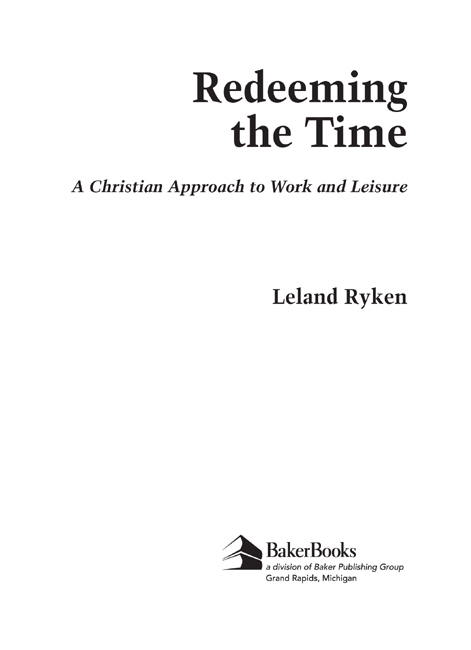
1995 by Leland Ryken
Published by Baker Books
a division of Baker Publishing Group
P. O. Box 6287, Grand Rapids, Michigan 49516-6287
www.bakerbooks.com
Ebook edition created 2011
All rights reserved. No part of this publication may be reproduced, stored in a retrieval system, or transmitted in any form or by any meanselectronic, mechanical, photocopy, recording, or any otherwithout the prior written permission of the publisher. The only exception is brief quotations in printed reviews.
ISBN 978-1-4412-0610-7
Library of Congress Cataloging-in-Publication Data is on file at the Library of Congress, Washington, DC.
To Philip, Lisa, and Josh,
who work and play in the Spirit
Contents

Preface

W ork and leisure are Gods gifts to the human race. Attitudes toward them in our society are dominated by a secular outlook. Within the Christian church they are topics of neglect. In our thinking moments we know that work and leisure deserve better than this.
This book attempts to fill several gaps that I quickly noted as I got into the subject. Most of the writing on work and leisure is the product of secular thinking. While it delineates the contemporary issues to which the Christian faith speaks, it offers almost no help in thinking Christianly about work and leisure.
Of course secular writers do not hesitate to make negative comments about the role of religion in the history of work and leisure. The Protestant ethic has long been the favorite whipping post, in Christian circles as well as secular ones. A small part of my enterprise has been to set the record straight regarding the unjustly maligned Puritans.
I have written from the presupposition that the Bible is the final authority on the issues about which it speaks. Of course it is important to adduce the biblical data that is actually relevant to the subjects of work and leisure. I have read books and articles that bombarded me with biblical verses but left me wondering what the relevance of the data was to work and leisure.
The most distinctive feature of this book is that it combines the subjects of work and leisure. There are lots of books on work and many on leisure. But it is self-defeating to keep these in separate compartments. Work and leisure together make up a whole, and they derive much of their meaning from each other rather than by themselves. They also influence each other, partly because they compete for our time.
The divisions of this book suggest the logic that underlies it. I begin by describing work and leisure as they are in themselves. Then I analyze the contemporary crisis in work and leisure, accompanied by a historical survey of how we got where we are. Having looked at proposed solutions that are failing, I turn at last to Christian solutions to the problems of work and leisure. The underlying principles are thus integration of social data with the Christian faith and a problem-solution format.
This book is a sequel to my earlier book Work and Leisure in Christian Perspective , which has been out of print for several years. For this sequel, I doubled the scope of my research, added four new chapters, incorporated over a hundred additional sources, quoted the Puritans at first hand rather than from secondary sources, added an analysis of time, and completely repackaged the material that appeared in the earlier book to accentuate the interconnectedness of work and leisure.
Introduction
Why We Need to Think
about Work and Leisure

W ork and leisure have forced themselves on the agenda of contemporary concerns. Businesspeople know all about the problem of work, as Chuck Colson and Jack Eckerds book Why America Doesnt Work makes clear. Surprising as it may sound, America doesnt play any better than it works.
Christians have their own version of the contemporary crisis in work and leisure. They feel guilty about their work and they feel guilty about their leisure. They do not understand either of them very well.
Mixed Messages
Our society at large displays contradictory attitudes toward both work and leisure. Workaholics have turned work into their religion. One writer found that they spend nearly half their timeseventy hours per week or moreworking at their job. But two of my acquaintances who have sat next to business executives on plane trips tell a different story. Employers generally think that the work ethic is either dead or dying. The head of a business with branches throughout the country said his company tries to hire workers from the Midwest because they tend to have a better work ethic and work habits.
We betray our impoverished work ethic by our slogans. I was passed on a Kansas interstate by a truck with the following jingle painted on the back: I owe, I owe, so off to work I go. Here, in rather crude form, is a dominant attitude toward work today. It views work in mercenary terms as the thing that makes our acquisitive lifestyle possible. Or consider the sign that I saw on the office door of a colleague: Id rather be fishing. Here is another prevalent attitude toward work: work is a necessary nuisance and unpleasant duty. Leisure is what we value. Work is something we put up with as a means to that end.
We signal our uneasiness about our attitudes toward work by our quips.
Work fascinates meI can sit and watch it for hours.
Thank God its Friday.
Hard work may not kill me, but why take a chance?
Im not lazyI just dont like to work.
A mail-order catalog advertises a license plate frame that reads, Retiredno more worry, no more hurry, no more boss.
Work is a problem for nearly all of us. We do not go around saying, Thank God its Monday. When we overwork we feel guilty about the way work robs us of time for other areas of life, including family activities and religious activities. At other times we feel guilty for disliking our work. Who does not resonate with Thoreaus comment that the laboring person has not leisure for a true integrity day by day. He has no time to be anything but a machine.
Our slogans may seem to indicate that work is our problem and leisure the perceived solution. But the messages we send regarding leisure are as contradictory as our attitudes toward work. If we valued leisure as much as our complaining about work seems to indicate, why do we make so little time for it? If we think that leisure is the antidote to our overwork and dislike of it, why do we feel guilty about the time we devote to leisure rather than work?
Next pageFont size:
Interval:
Bookmark:
Similar books «Redeeming the Time: A Christian Approach to Work and Leisure»
Look at similar books to Redeeming the Time: A Christian Approach to Work and Leisure. We have selected literature similar in name and meaning in the hope of providing readers with more options to find new, interesting, not yet read works.
Discussion, reviews of the book Redeeming the Time: A Christian Approach to Work and Leisure and just readers' own opinions. Leave your comments, write what you think about the work, its meaning or the main characters. Specify what exactly you liked and what you didn't like, and why you think so.

